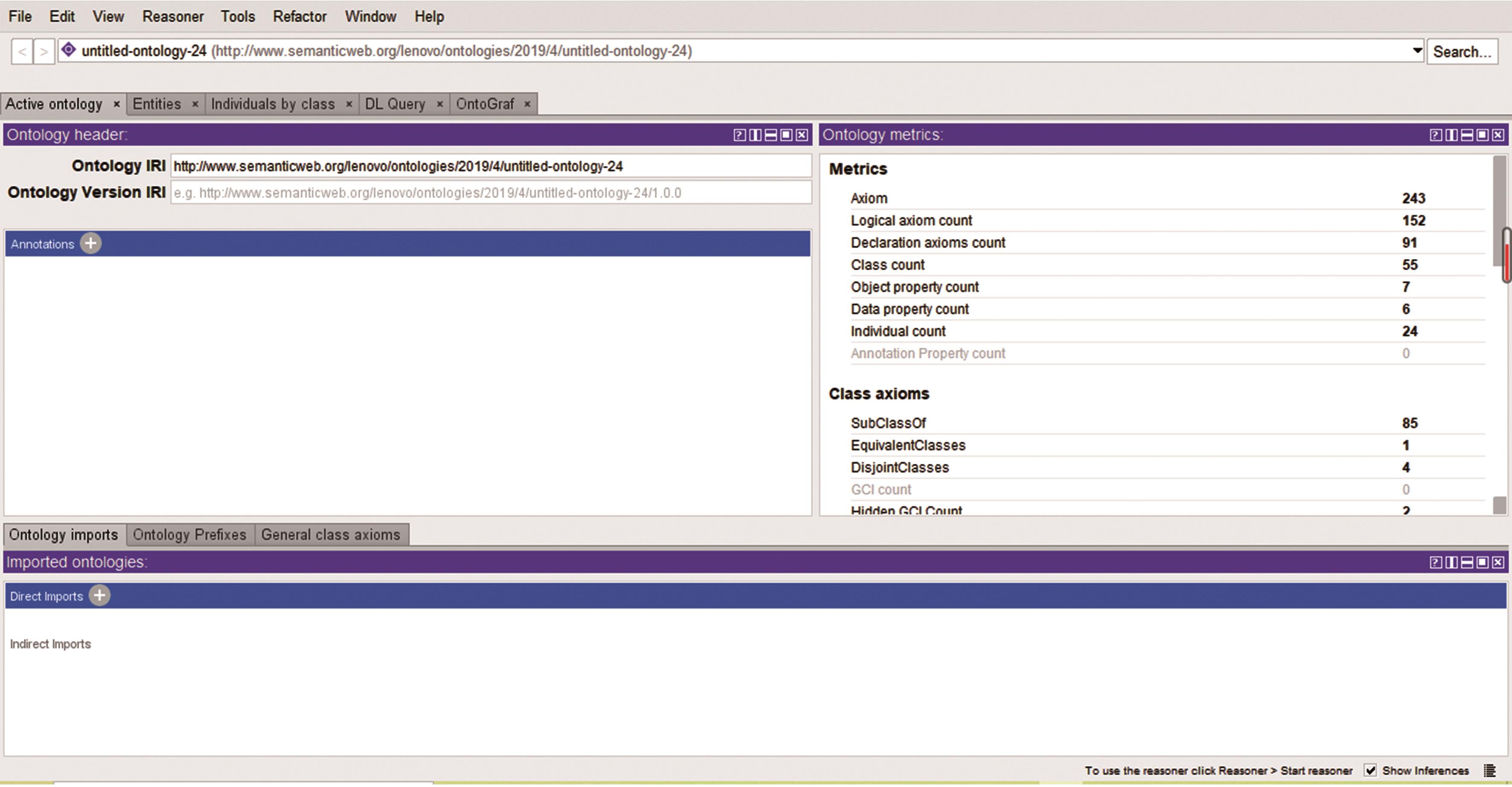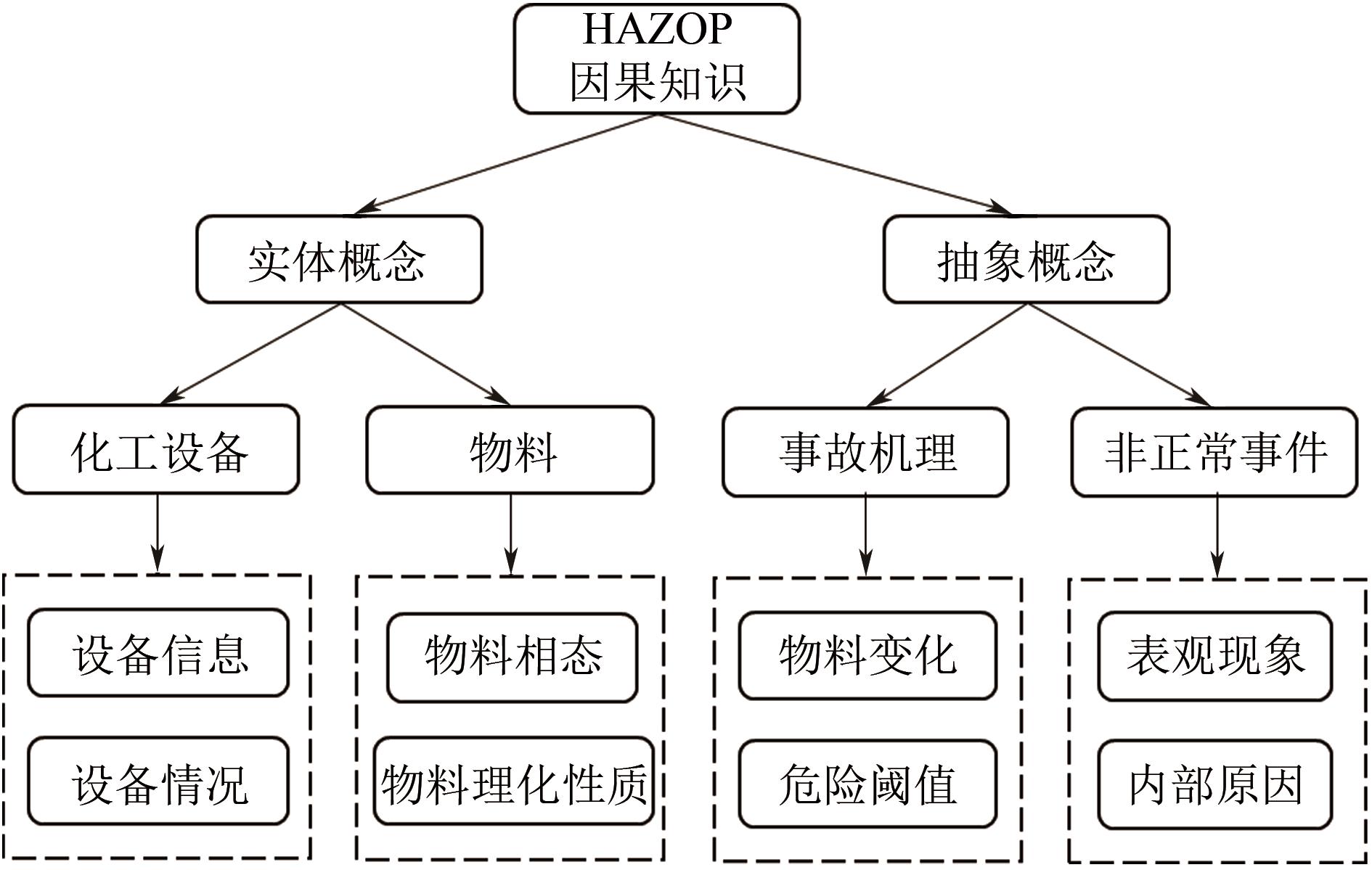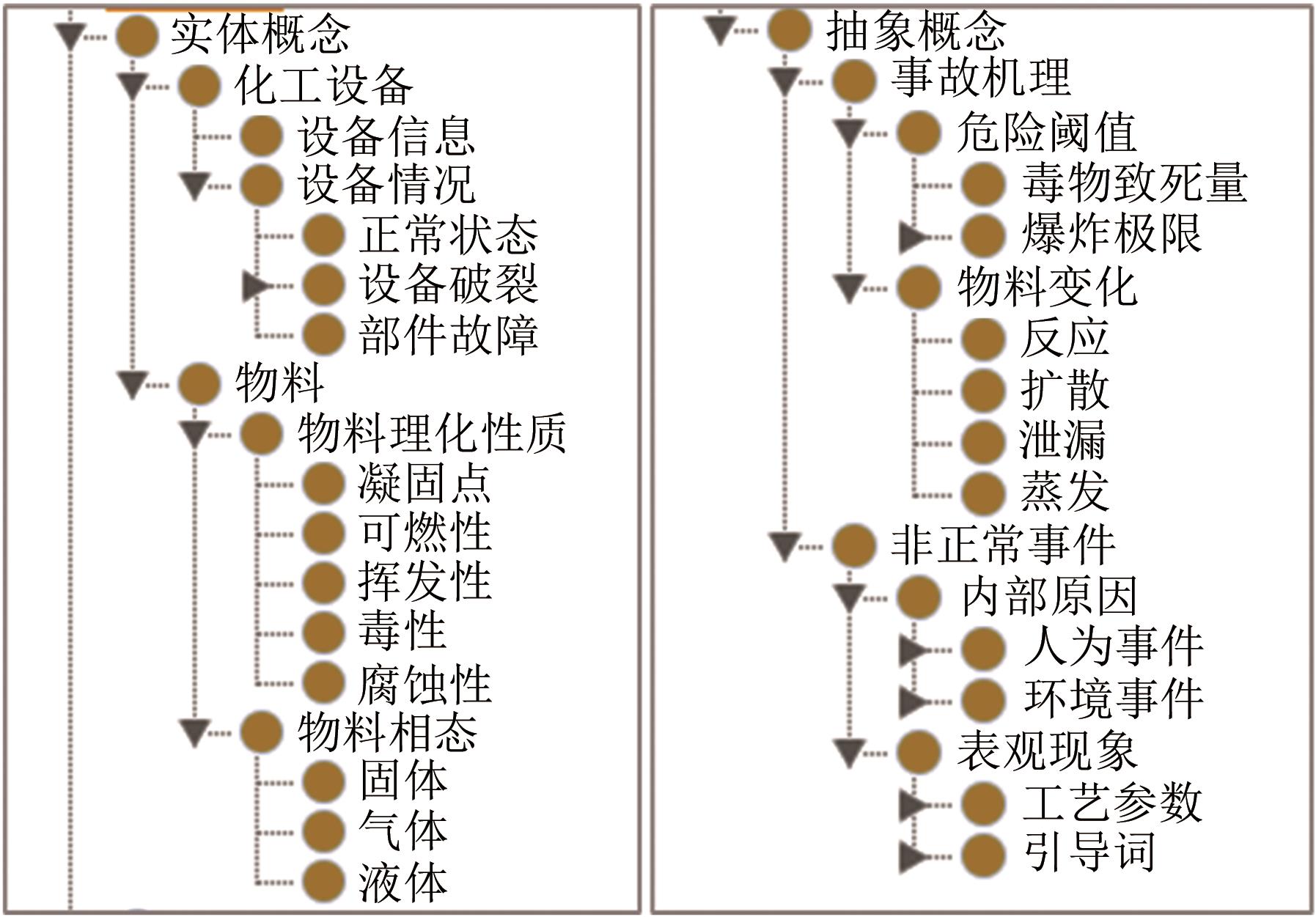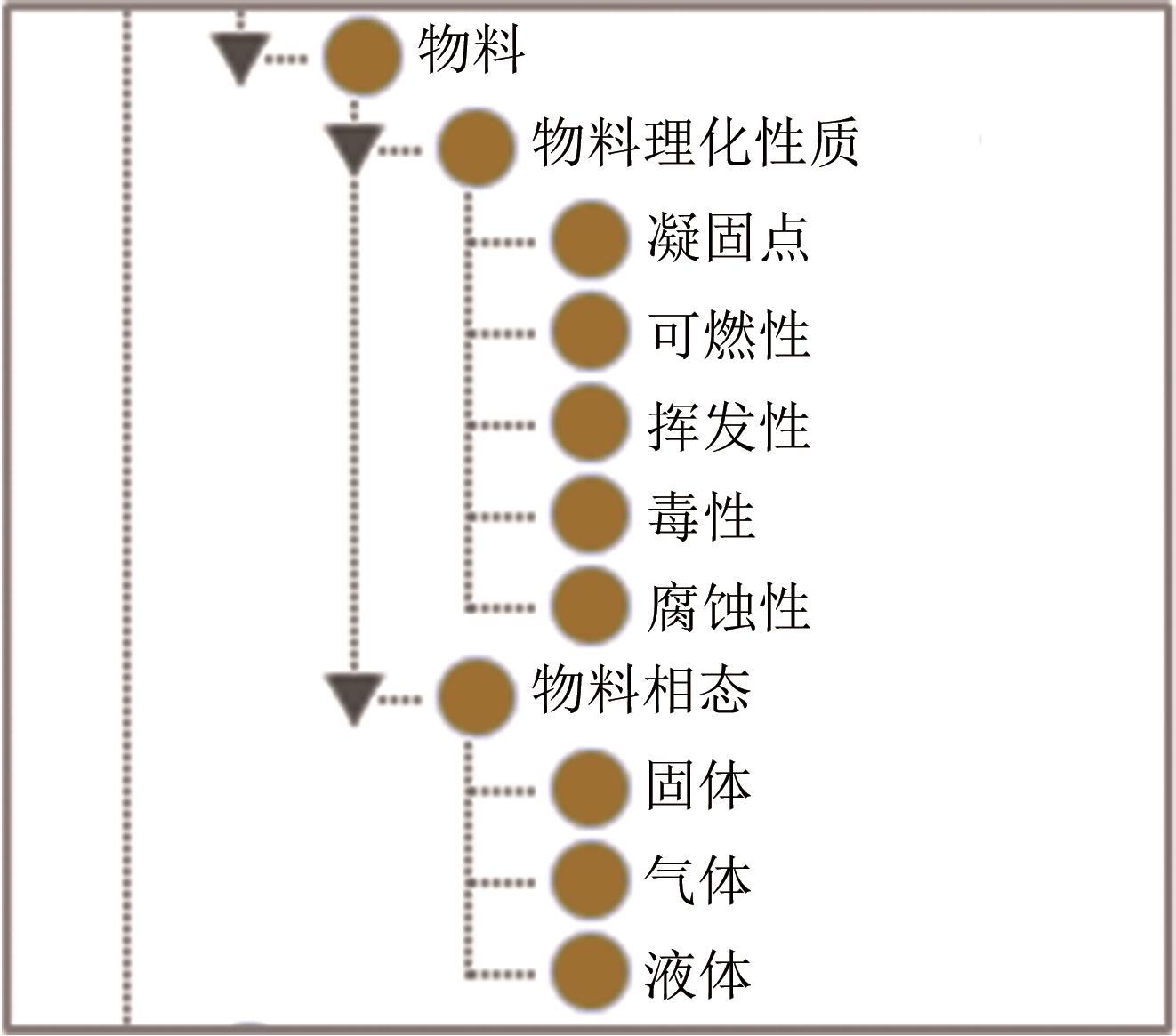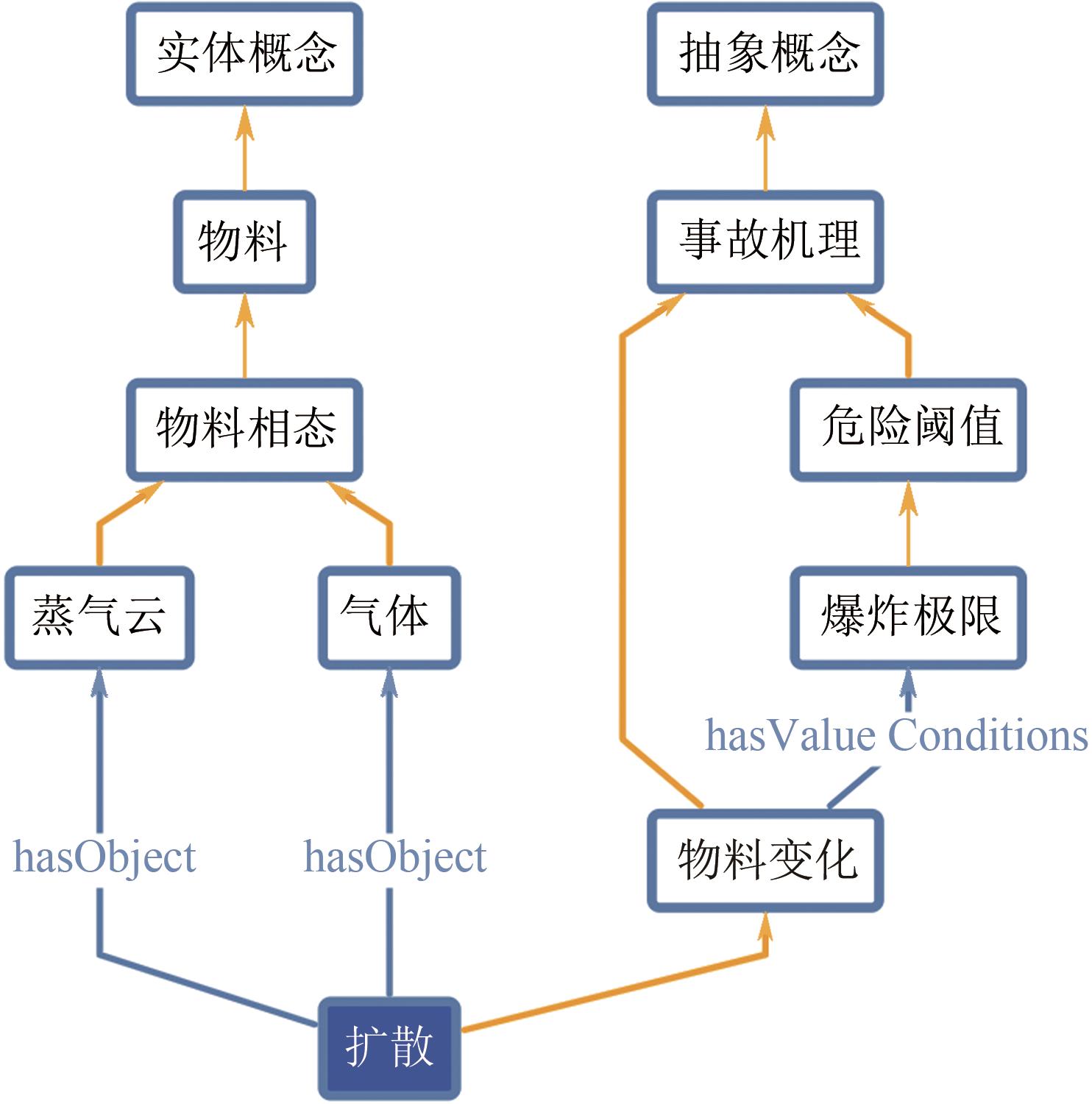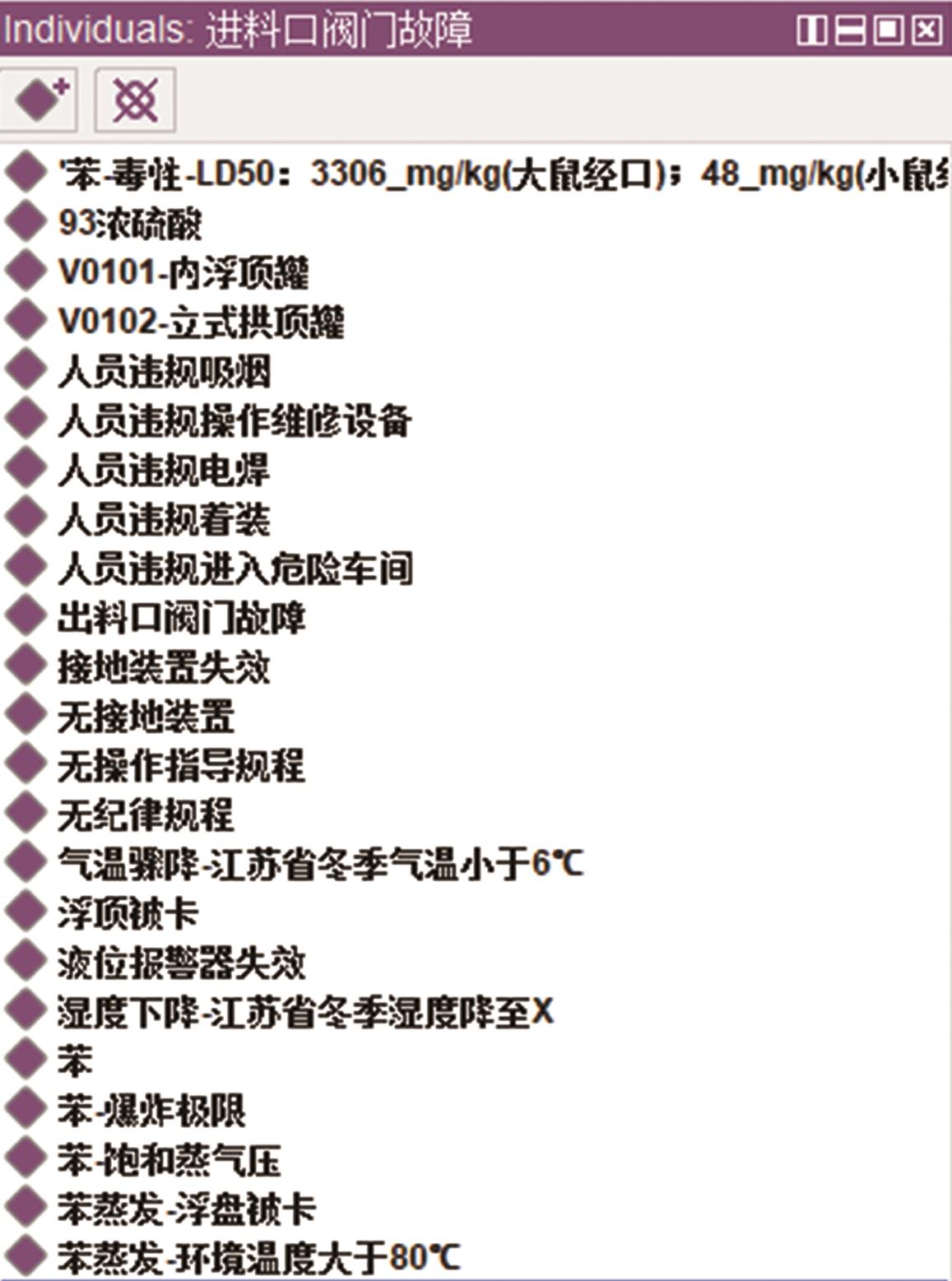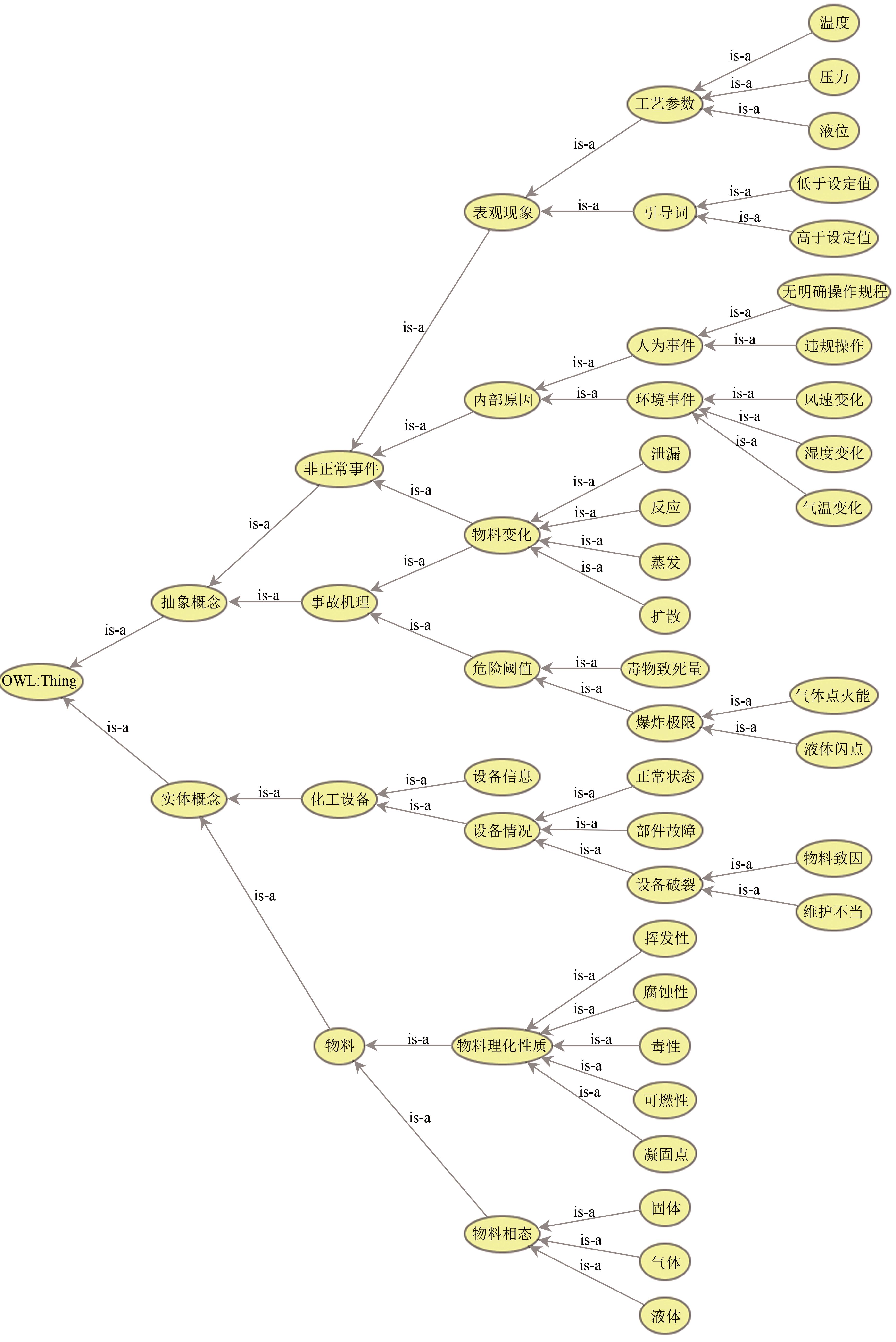| 1 |
石艳娟, 付建民, 郑晓云, 等. 基于HYSYS和HAZOP的工艺参数偏差模拟与后果量化[J]. 中国安全科学学报, 2015, 25(12): 75-80.
|
|
SHI Yanjuan, FU Jianmin, ZHENG Xiaoyun, et al. HAZOP and HYSYS based simulation and consequence quantization of technological parameter deviation[J]. China Safety Science Journal, 2015, 25(12): 75-80.
|
| 2 |
程希安, 张琪, 廖思超, 等. 基于过程模拟的HAZOP偏差量化研究与应用[J]. 现代化工, 2017, 37(7): 187-191, 193.
|
|
CHENG Xi’an, ZHANG Qi, LIAO Sichao, et al. Research and application of HAZOP deviation quantization based on process simulation[J]. Modern Chemical Industry, 2017, 37(7): 187-191, 193.
|
| 3 |
孟令慧. 基于SDG-HAZOP的系统风险定量分析研究[D]. 北京: 北京化工大学, 2008.
|
|
MENG Linghui. Research on quantitative analysis of system risk based on SDG-HAZOP[D]. Beijing: Beijing University of Chemical Technology, 2008.
|
| 4 |
KOŚCIELNY J M, SYFERT M, BARTŁOMIEJ F, et al. The application of a graph of a process in HAZOP analysis in accident prevention system[J]. Journal of Loss Prevention in the Process Industries, 2017, 50: 55-66.
|
| 5 |
赵劲松, 赵利华, 崔林, 等. 基于案例推理的HAZOP分析自动化框架[J]. 化工学报, 2008, 59(1): 111-117.
|
|
ZHAO Jinsong, ZHAO Lihua, CUI Lin, et al. HAZOP analysis automation framework based on case-based reasoning[J]. Journal of Chemical Industry and Engineering (China), 2008, 59(1): 111-117.
|
| 6 |
高东, 肖遥, 张贝克, 等. 基于知识本体的HAZOP信息标准化框架[J]. 化工进展, 2020, 39(6): 2510-2518.
|
|
GAO Dong, XIAO Yao, ZHANG Beike, et al. HAZOP information standardization framework based on knowledge ontology[J]. Chemical Industry and Engineering Progress, 2020, 39(6): 2510-2518.
|
| 7 |
AZIZ A, AHMED S, KHAN F, et al. An ontology-based methodology for hazard identification and causation analysis[J]. Process Safety and Environmental Protection, 2019, 123: 87-98.
|
| 8 |
ZHAO Jinsong, CUI Lin, ZHAO Lihua, et al. Learning HAZOP expert system by case-based reasoning and ontology[J]. Computers & Chemical Engineering, 2009, 33(1): 371-378.
|
| 9 |
王若青, 胡晨. HAZOP安全分析方法的介绍[J]. 石油化工安全技术, 2003(1): 19-22.
|
|
WANG Ruoqing, HU Chen. Introduction of HAZOP safety analysis method[J]. Petrochemical Safety Technology, 2003(1): 19-22.
|
| 10 |
宋华珠. 基于本体的数字内容数据管理技术[M]. 北京: 科学出版社, 2018.
|
|
SONG Huazhu. Ontology-based digital content data management technology[M]. Beijing: Science Press, 2008.
|
| 11 |
肖俊. 基于本体的石化企业数学知识管理研究[D]. 杭州: 浙江大学, 2015.
|
|
XIAO Jun. Research on mathematical knowledge management of petrochemical enterprises based on ontology[D]. Hangzhou: Zhejiang University, 2015.
|
| 12 |
高丹丹. 学科知识本体的构建及其应用[D]. 成都: 四川电子科技大学, 2014.
|
|
GAO Dandan. The construction and application of subject knowledge ontology[D]. Chengdu: Sichuan University of Electronic Science and Technology of China, 2014.
|
| 13 |
MORBACH J, YANG Aidong, WOLFGANG M. OntoCAPE—a large-scale ontology for chemical process engineering[J]. Engineering Applications of Artificial Intelligence, 2007, 20(2): 147-161.
|
| 14 |
解峥, 王盼卿, 彭成. 本体的自动构建方法[J]. 电子设计工程, 2015, 23(15): 39-41.
|
|
XIE Zheng, WANG Panqing, PENG Cheng. Ontology automatic construction method[J]. Electronic Design Engineering, 2015, 23(15): 39-41.
|
 ), DAI Yiyang, JI Xu, ZHOU Li(
), DAI Yiyang, JI Xu, ZHOU Li( )
)
